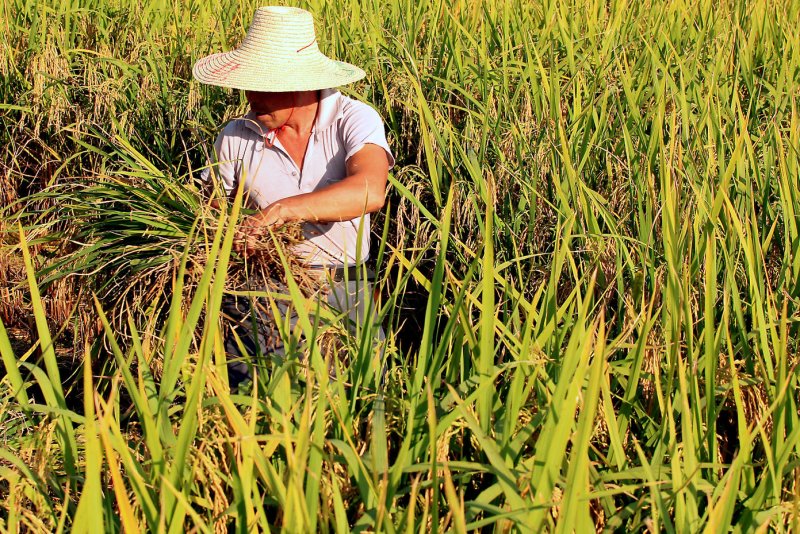Since 1960, roughly 15 million people may have committed suicides throughout the world with pesticide poisoning.
Most of these attempts seemed to be spur of the moment events with little or no preparation. File Photo by Stephen Shaver/UPI |
License Photo
Sept. 11 (UPI) -- Since 1960, roughly 15 million people may have died by suicide throughout the world with pesticide poisoning, a new study says.
Most of these attempts seemed to be spur of the moment events with little or no preparation, according to research published Wednesday in Clinical Toxicology.
Many survivors reported planning these attempts in less than 30 minutes, researchers said.
"Suicide attempts often occur at short-lived moments of great stress. The easy availability of highly lethal means -- like pesticides or guns -- at these times massively increases the risk of the person dying," Michael Eddleston, a researcher at the University of Edinburgh and study author, said in a news release.
To study the problem, researchers examined national and global reports of suicides with pesticide poisoning. They found high stress and easy accessibility to dangerous pesticides have likely led to the crisis.
But the researchers say suicide worldwide has gone down in the last 10 to 20 years as a result of mass population migration from rural communities to urban areas in China. Still, the problem poses a global health crisis.
Some countries have even banned farmers from using pesticides like toxic organophosphorus insecticides. These chemicals are largely effective in treating wide-scale crops in rural areas. But many countries can't properly store the pesticides, making them easily available for anyone to use.
The researchers say these attempts can be reduced if low - and middle-income countries, where a lot of these suicides have historically occurred, draft stronger pesticide regulations.
Over the last 20 years, pesticide poisonings in Sri Lanka fell by 75 percent after officials changed policies to make it harder to get access to pesticides in rural communities. During that period, the country also improved its poison treatment efforts.
"The absence of these highly toxic pesticides allows people to survive their poisoning attempt and then go on to find help in their communities and local mental health services," Eddleston said.















